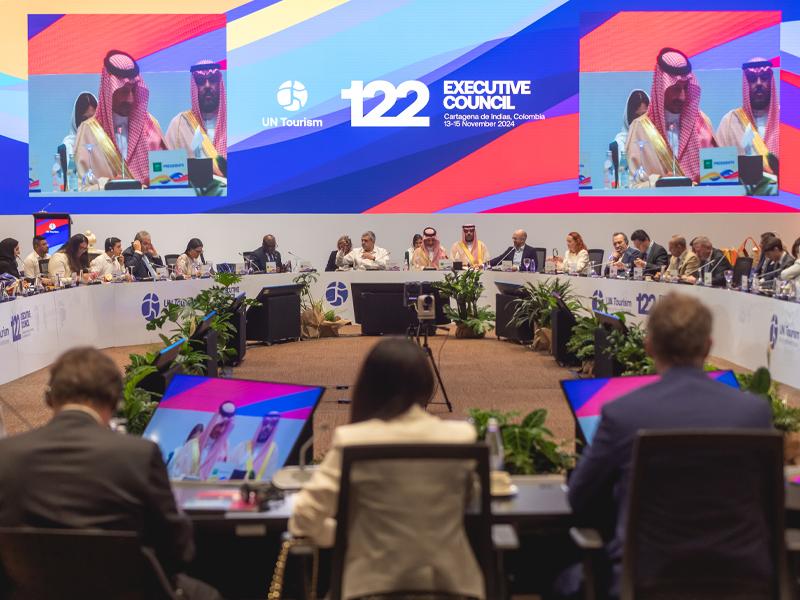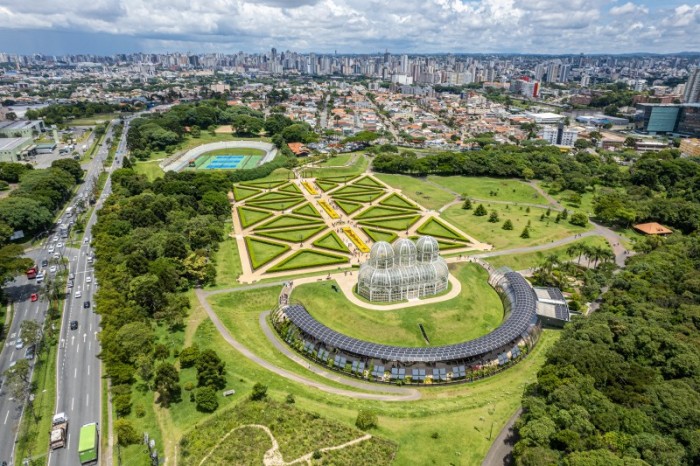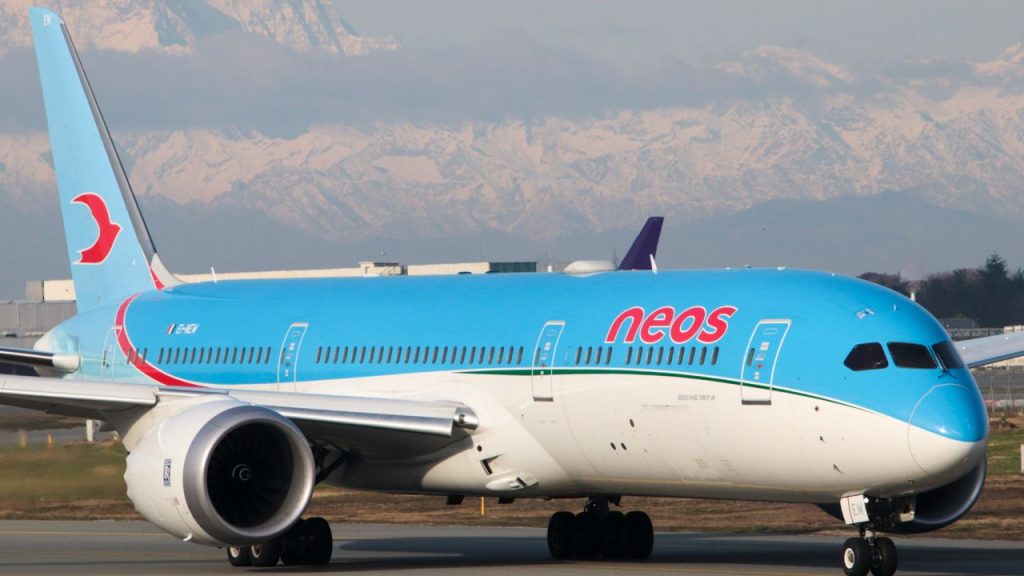The 122nd edition of the UN Tourism Executive Council was held in Cartagena de Indias, Colombia, with the aim of ensuring a more inclusive, resilient and sustainable future for the global tourism sector by bringing together representatives from 47 countries. This major event helped to define strategic priorities based on three key pillars: innovation, investment and education.
Innovation: Cultivating the Creativity and Potential of Tourism
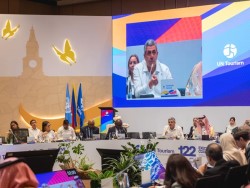
Innovation emerged as a central theme in the discussions. As a world leader in innovation in tourism, UN Tourism highlighted its outstanding achievements, particularly through its competitions aimed at discovering innovative ideas.
During the session, the winners of the Green Projects Challenge, the Community Tourism Challenge and the Best Tourism Villages 2024 were announced. These initiatives illustrate how innovation can be a lever for sustainable development, by supporting projects that enhance local communities and preserve the environment.
Our article: Best Tourism Villages 2024, An Award for Excellence in Rural Tourism
Investment: Seizing Opportunities to Build the Future
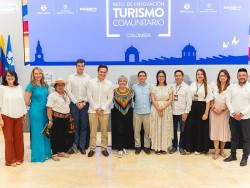
Investment has been identified as a key lever for strengthening the tourism sector. In Cartagena, UN Tourism presented ‘Tourism Doing Business: investing in Colombia’, a detailed guide highlighting specific investment opportunities in the country.
This guide is part of a series of publications that now includes 28 editions, each dedicated to a key destination. The event concluded with a Global Forum on Investment and Innovation, offering a unique platform to explore ways of attracting capital to responsible, high-impact tourism projects.
“Colombia made the choice to invest in tourism, not weapons or war, and is the only country to have hosted every major UN Tourism meeting, including the General Assembly, on two occasions, eloquently illustrating the power of tourism as a driver of change,” said Zurab Pololikashvili, Secretary-General of UN Tourism, at the opening of the session.
Education: Preparing the next generation of tourism professionals
Education is one of UN Tourism’s strategic priorities. Council members welcomed initiatives to integrate tourism into school curricula thanks to the Education Benchmark, a tool enabling Member States to teach this subject from secondary school level.
In addition, the success of the UN Tourism Online Academy and the expansion of associated international academies reinforce efforts to train a new generation of skilled professionals, ready to meet the challenges of tomorrow.
By highlighting these three areas – innovation, investment and education – the 122nd Executive Board meeting underlined the need for international collaboration to build an inclusive and sustainable tourism sector. Cartagena de Indias, as host of this event, played a key role in demonstrating the benefits that strategic policies and a clear vision can bring to tourism development.
This meeting marked a decisive step in turning ambition into concrete action, paving the way for a dynamic sector capable of responding to global challenges while offering economic and social opportunities.
Photos: UN Tourism

